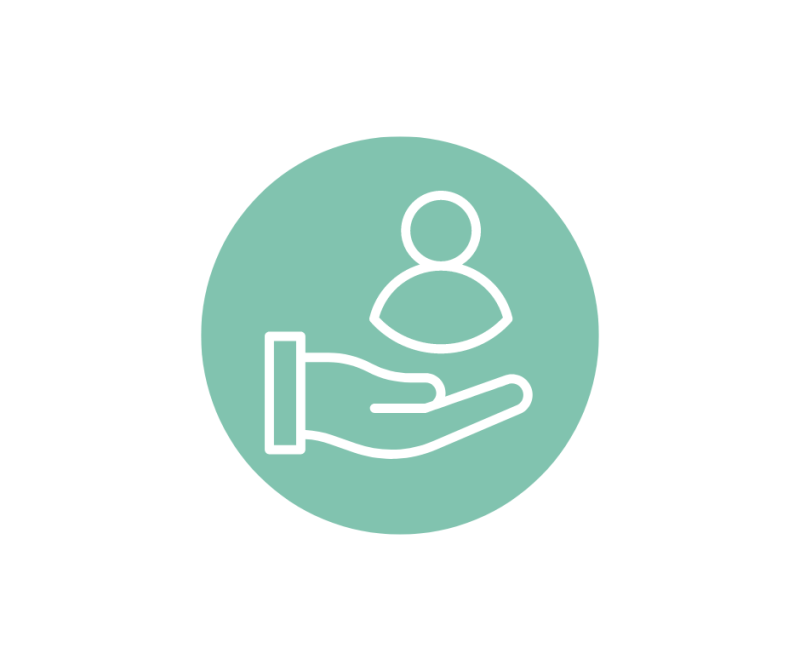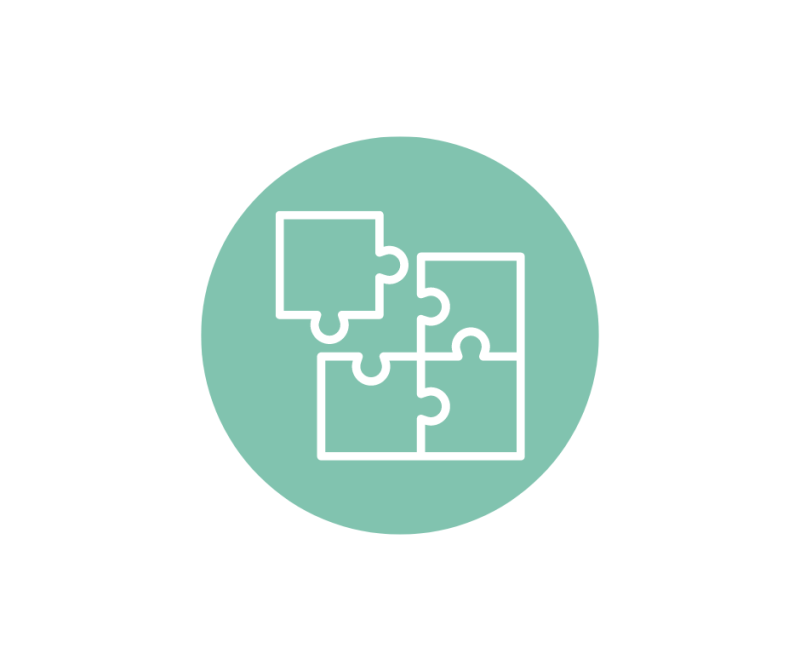Cognitive Development
Foundations and Self-Awareness of Cognitive Development.
'Cognitive skills' are the core skills the brain uses to think, learn, remember, problem-solve, and pay attention—skills which are also related to motivation and impulse control. Cognitive development is the continuing development of those skills from birth through to adulthood. The purpose of this section is to enhance our practices as staff and volunteers who support initiative and problem-solving skills in the young people that we support.
This module will support you to:
-
Explain how the basic elements of initiative and problem solving fit together within an SEL framework of cognitive development;
-
Identify your own strengths, needs, interests, and constraints related to learning and cognitive development; and
-
Understand ways in which your background, experiences, privilege, biases, and/or discrimination have affected your attitudes toward learning and your expectations about other’s learning.
This will include exploring how problem solving, initiative, Plan-Do-Review, and staff practices that support growth mindset and intrinsic motivation are all related.
Resources
A series of resources to enhance your practices as staff and volunteers to support initiative and problem-solving skills in the young people.
In this workbook, you will find the following activities:
-
Initiative and Problem-Solving Scenario Sort
Practice your understanding of the initiative and problem-solving processes with this scenario sort worksheet.
-
Addressing Effects of Stress and Fear
Think about common stress or fear activators that young people may experience. What impact do these have on the brain or one’s ability to function? What can be done to move back into our rational brain?
-
Learner Profile: SNIC
Apply new ideas with this Learner Profile, which can help you - as an adult learner - think about how all the aspects of cognitive development play out for you.
-
Reflection questions
Two questions to help you reflect on what this section has shown you about your attitude to learning and problem solving, and past experiences that have affected you as a learner.
-
Implementation Plan
Think of a goal (professional or personal) and use this worksheet to develop a plan that covers the Plan-Do-Review cycle, initiative, and problem solving.
-
Reflection Quotes
Read these quotes and think about: What resonates with you? How does it relate to the content we have covered today?
See more
This provides to answers to Initiative and Problem-Solving Scenario Sort.
See moreFurther reading
A selection of articles, books and websites offering additional resources designed to deepen your understanding.


